
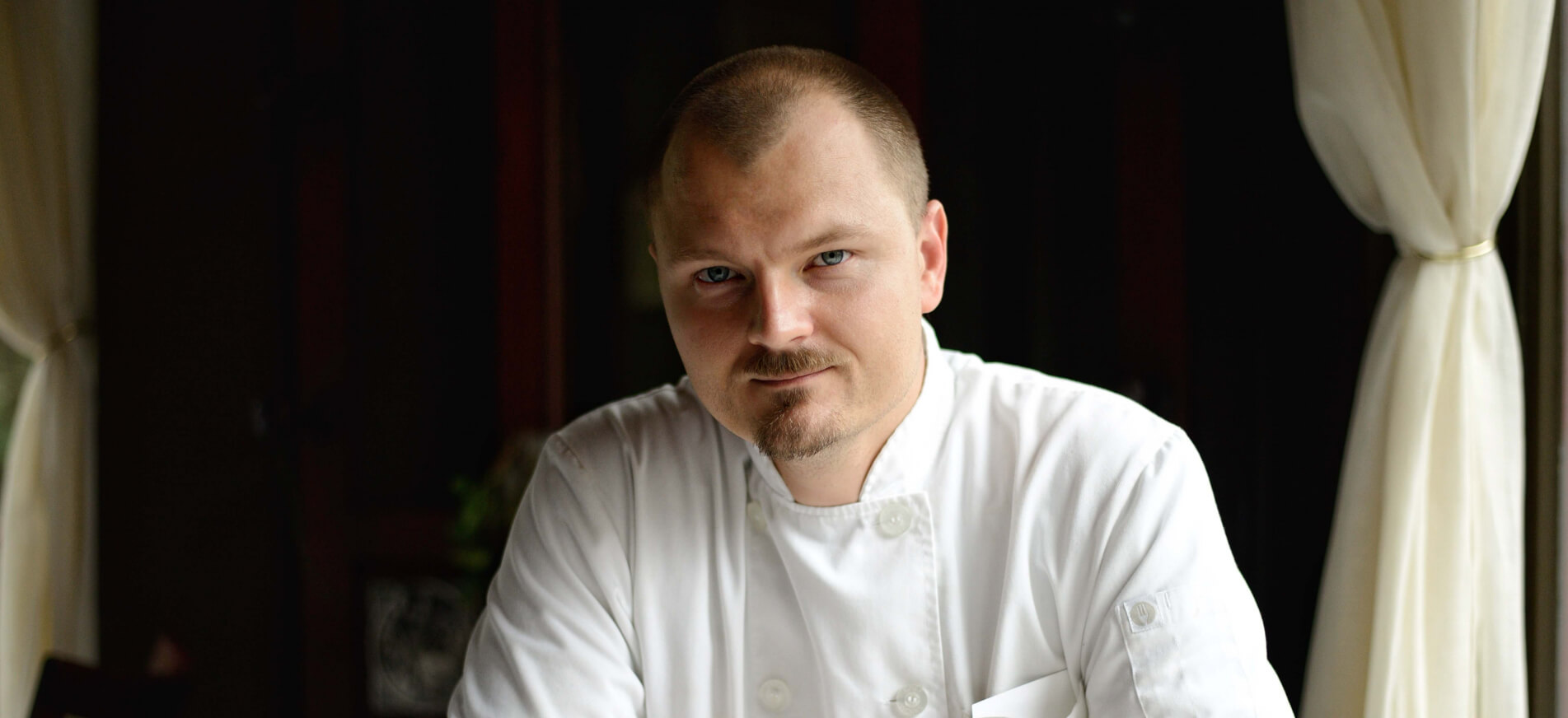
Life Boat: Chef Michael Sohocki on Relationships and Extreme Pressure
Guest Writer, Michael Sohocki, owner of Gwendolyn, Kimura and Il Forno, describes the deepening and enrichment of relationships with colleagues in these times of extreme pressure.
I find it endlessly fascinating to examine people pushed to extremes. From live accounts of Holocaust survivors to stories of shipwrecked souls, to a genius who survives poverty or insanity, there seems to be something universally purifying and coalescent in the strong elixir of stress. (It was after all the stormy sea of mental, medical and emotional struggle that gave us the works of Nietsche and Viktor Frankl on the meaning and the affirmation of life.) Painfully but honestly, this violent stripping effect lays bare the primary windings of our being and leaves us naked in the burning sun. You might call it a lifeboat experience.
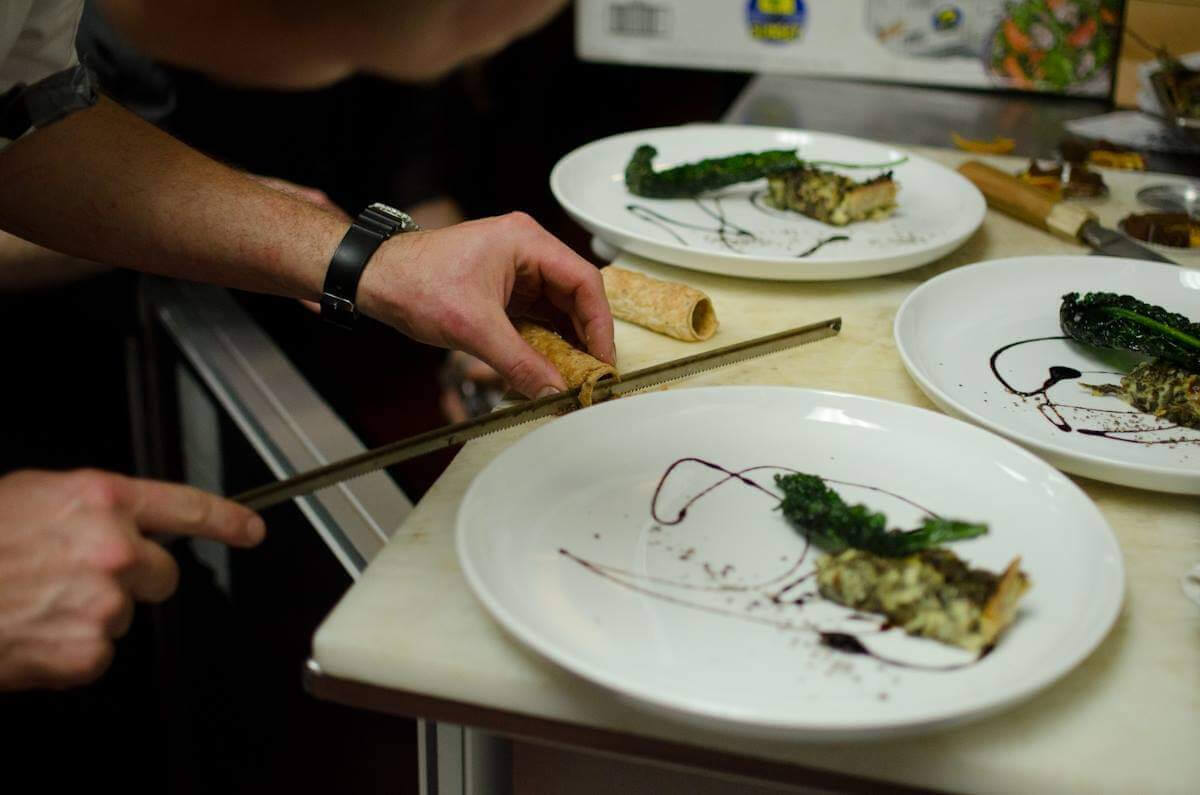
When things are easy and the getting is good in the life of a person or a business, we accumulate a layer of insulating fluff around our functional core: personal electronics appear on the tabletops, our pockets are full of gizmos. The closet fills with clothes bought on an idea. A restaurant is much the same. When the going is good, it ends up with luxurious ingredients bought for cute and not much else — switch out the neon bulbs for L.E.Ds, water softeners, house plants, specialty glassware for arcane cocktails, fancy chef coats with “piping”. Most noticeably in times of plenty is the overwhelming presence of staff: someone to clean the floor, another to work the bar, someone to wash the dishes (even one for upstairs, one for down); one person to take the order, another to run it. One person to read the ticket, and three more to cook it. I have known a restaurant to employ an onion peeler.
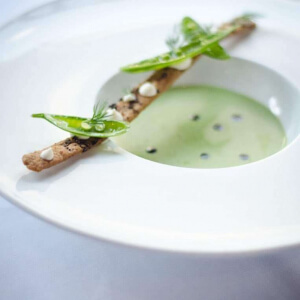
Amidst the slosh and clang of excess, it is easy to roll around in money and music and activity, and get totally lost...this fluff obscures us from ourselves. It’s approaching irony — not a word I often use —that the more sales we pull in, the worse we can be at our jobs and still do well. (I must admit that this is the category in which I have always existed.)
The pandemic brought this into clear relief, as we watched all the pressure gauges drop to zero and the gas tank run dry. That stomach-turning silence ensues that Hollywood does so well.
Immediate shutdowns of bars and restaurants brought the “bon temps” to a screeching halt. The storm struck suddenly and we found ourselves in the lifeboat facing each other. In our business — as in most businesses with employees — hourly staff are considered a variable expense, and as such are among the first things we throw overboard to save the ship from sinking. I have always felt (as I feel now) that my managers are the core of my business — not the bricks and mortar or the food or the marketing or the reputation or anything else. Dump everything else, if you must — but hold onto the pillars, and we can rebuild the town.
You don’t really know each other until you’re in the lifeboat.
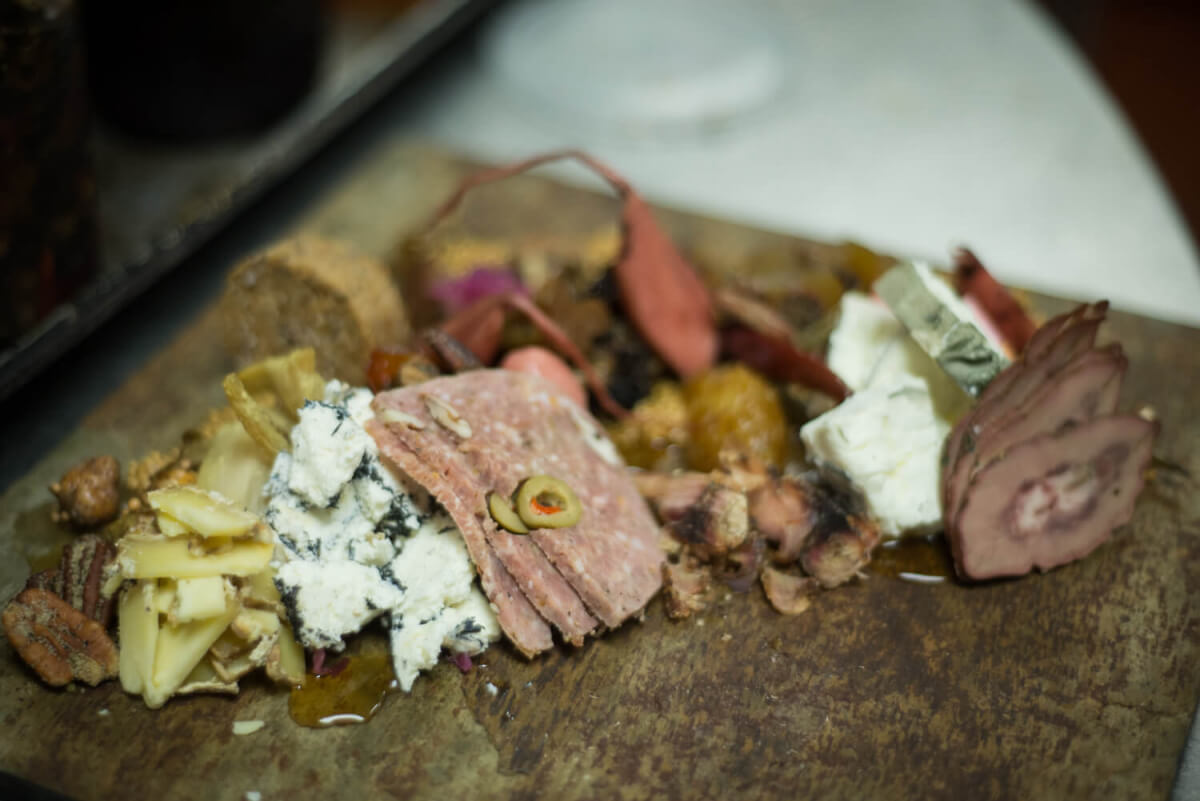
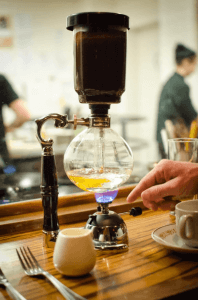
I think it must be rather like military personnel suddenly called upon to go to war to actually do the thing they signed up for: you are forced to face your conviction. For years you’ve said the floor should be scrubbed, the warewashing sinks set up just so; only this much of the meat should be served, your inventory count and what you sold should match, you should maintain the machines properly every week: the oil, the scrubbing, the coils, the fan blades. You say all those things, but it’s not until you’re bent over the dish sink alone at one o’clock in the morning because there wasn’t anybody else — and you turn and see the floor not scrubbed because there wasn’t anybody else — that you have to choose between cleaning that floor (which you know to be the right thing) and one more precious hour of sleep before 10 tomorrow morning when you know you have to start (because again...there isn’t anybody else).
And so we have been pulling the plow, the managers and I, for months now. Managers slinging whole pigs and grinding sausage after midnight, managers cooking solo where three cooks once stood — chefs (not cooks) plating their own food, then going to the other side of the counter and running it to the table, managers polishing glasses and silverware, chefs being their own repairmen, being their own service crew, their own prep cooks; managers scrubbing toilets, cleaning glass-paneled doors. Seeing Gwendolyn’s front of the house manager, Jenn, laying on her back taking apart the plumbing of the warewashing sink with black stuff on her face simultaneously fills me with pride and breaks my heart. These are tough people. Gwendolyn’s chef and sous chef are doing the work of four or even five employees, pulling hours that just stagger the imagination. All the while doing it with grace — and pulling off food and experience that is not just mechanically correct, but thoughtful and charged with meaning.
In person, in material, in thought — limitations pare you down to things that matter.
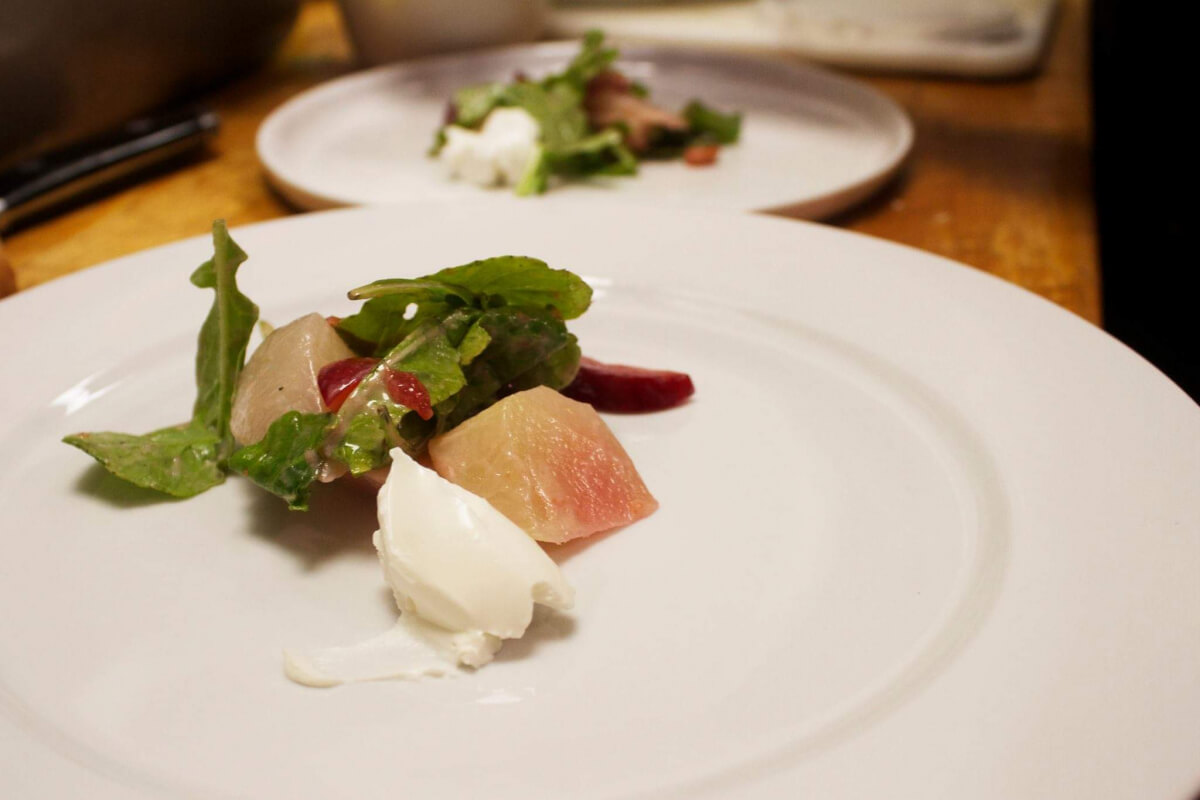

I have found that with customers cut back severely, even as we hemorrhage money — I take joy in being around my people. Cooking a family meal (the meal that we cook for ourselves before service), serving the ones we love a bowl of something warm and nourishing and delicious feels more special, more important, when you feel like you possibly might not get many more chances to do it. Held in place by so many demands, we find a lasting kernel of pleasure in discussing the things that brought us to this job in the first place: the reactions of ingredients going together, subjected to various kinds of heat; why the bread feels heavy today — or the stretch is not quite the same; giddy and giggling at how sharp we got a knife; the “hot dog scene” from Big Night, burning that char off the carbon steel pans to reveal that frosty gray clean metal beneath, and yes — sometimes — even personally sweeping that ugly, orange tile floor.
A pat on the back means so much more now. We have a profound understanding of that last bottle of water as we pass it around. Not just understanding — but understanding actively joined with compassion that...well, maybe could not have been produced any other way. I don’t want to give the impression that we’re failing — we’re actually doing relatively okay (thank Heaven). We’re still clicking along, and like much of life things rise and fall: we’ll scrape the rocks every now and then, and we’ll get through this like everything else — but I think this is the lesson we have taken from this experience.
And I hope we keep it.
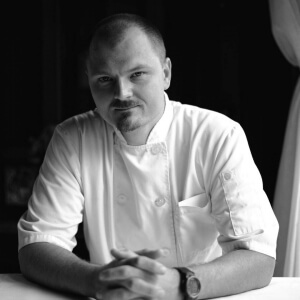
Michael Sohocki is the owner of the local restaurants Gwendolyn, Kimura and Il Forno.